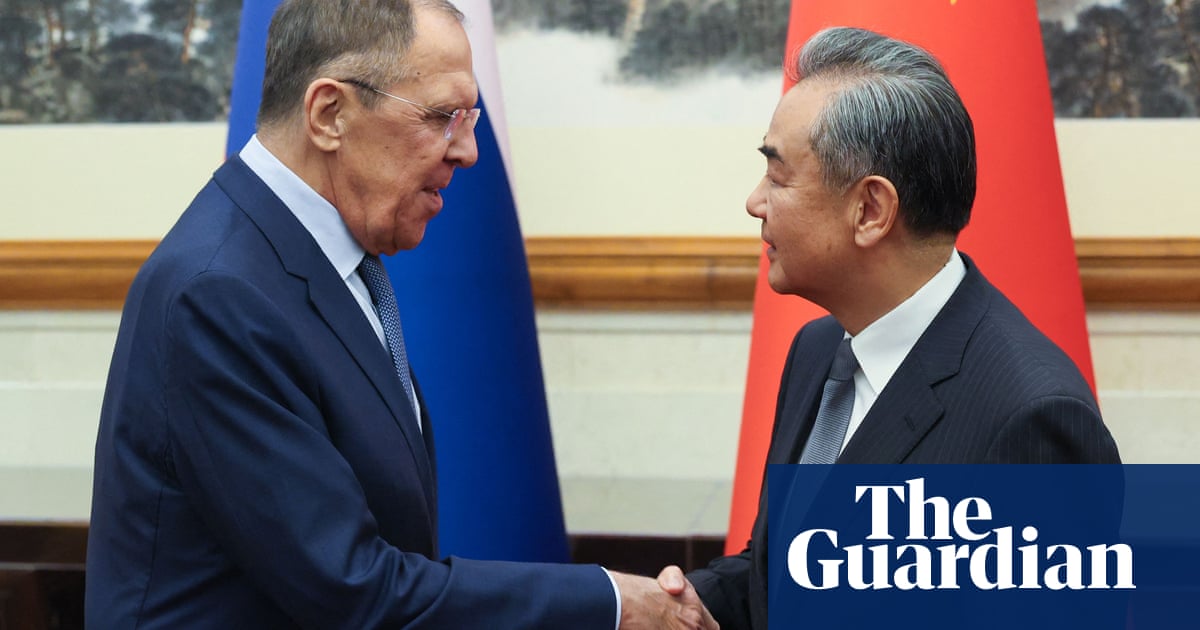Key point Summary:
China and Russia have taken firmer stances in the Gaza conflict, heightening geopolitical tensions. The Chinese foreign minister criticized Israel’s bombing campaign, urging it to stop punishing Gaza’s people beyond self-defense limits.
Meanwhile, Russian President Vladimir Putin drew a controversial parallel between a potential intensified Gaza siege and the WWII Leningrad siege, likely offending Israel. This dynamic raises concerns about growing ties between China and Russia, both historically sympathetic to the Palestinian cause.
These countries aim to balance their relations with Israel while building alliances in the Arab world and beyond. India faces diplomatic complexities, having developed links with Israel, the Arab world, and Iran. The African response varies, with South Africa showing strong criticism due to its historical ties to Israel.
Analysts have suggested China is looking to offset concern in the Islamic and Arab worlds about Beijing’s treatment of the Muslim ethnic Uyghurs in the north-western Chinese region of Xinjiang.
India has made a global fight against terrorism a central principle of its foreign policy for decades and has, like Russia and China, developed economic and other ties with Israel in recent years. But the government of Narendra Modi has also built new relationships with leading actors in the Arab world such as the United Arab Emirates and Saudi Arabia that it does not want to jeopardise. As elsewhere, officials in Delhi are deeply concerned about any further escalation.


